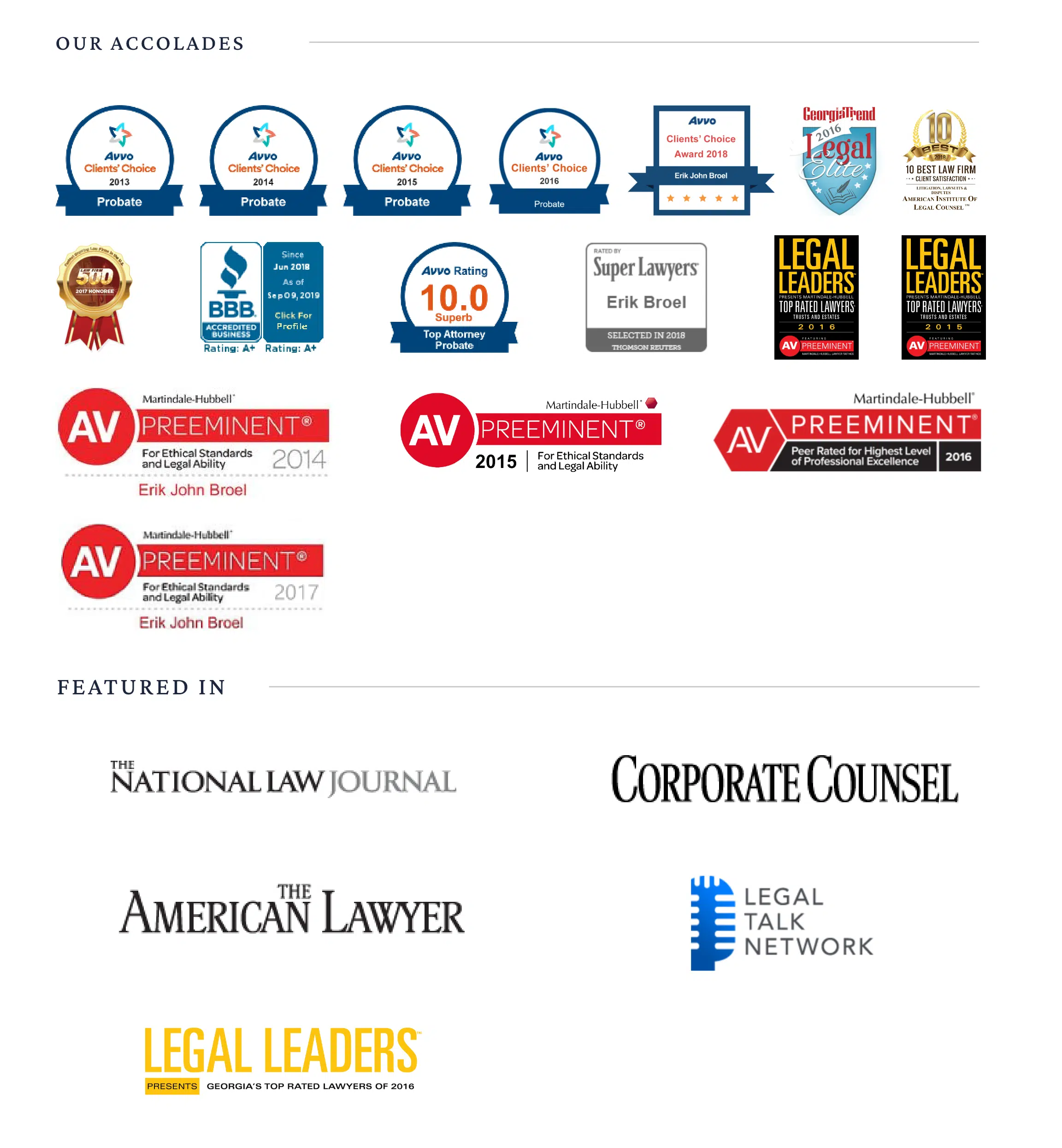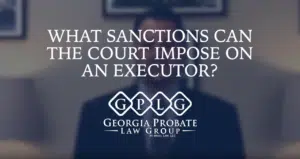
A will is one of the core documents of a deceased person's estate—it allows everyone to know the decedent's last and final wishes. Basically, the executor has the legal obligation to ensure that those wishes are fulfilled according to the law, being responsible for taking care of the late person's...

Dealing with the death of a loved one is devastating enough without debt collectors beating down on your door to demand payment. If you've just assumed your role as an appointed executor or administrator, questions like these may have crossed your mind: "How long do creditors have to collect a debt ...
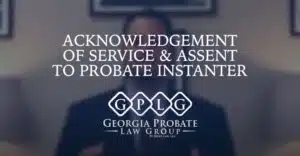
For so many people, the loss of a loved one or a family member is a moment characterized by complex emotions, and the idea of probate becomes a daunting thought. Did the deceased leave a will where he clearly mentions who the beneficiaries of his inheritance are and names an executor to fulfil his l...

When they pass away, people often want to leave their assets and properties to persons they care about. But sometimes, the deceased doesn't make a will or dies with debts, and in such cases, their property must go through a probate process before being distributed to the legal beneficiaries. When th...
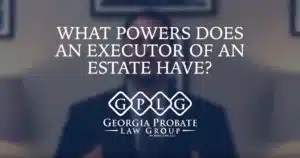
In the complex probate process, an executor plays a vital and nuanced role. The personal representative appointed by the deceased person is responsible for paying the decedent's debts and distributing inheritances to the beneficiaries as stated in the late person's will, ensuring that the assets are...

Losing a loved one not only brings a wave of emotions but can also leave families on shaky financial ground. If you are a surviving spouse, you might have heard of something called "Year's Support." And you might be wondering exactly what it is and how it can help you. In this article, we will co...

The death of a parent can be emotionally devastating. If the parent passes away without a testament to establish how to distribute his possessions clearly, the confusion and trauma can be even more profound. One of the most frequently asked questions we receive is, "What is a child entitled to when ...
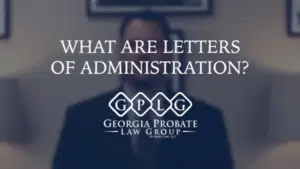
Coping with the loss of a beloved one is a delicate moment. But if, besides dealing with difficult emotions, you also have to take care of the deceased person's estate and financial affairs and make sure their last wishes are fulfilled, then you might feel overwhelmed. And that's when you might hear...

When buying a property with someone else, there are a few things to consider. First, you must determine how much of this property each of you owns. Second, you should clarify what happens if you or your fellow buyer die: who will get the ownership rights on the property? And in this whole equation, ...




